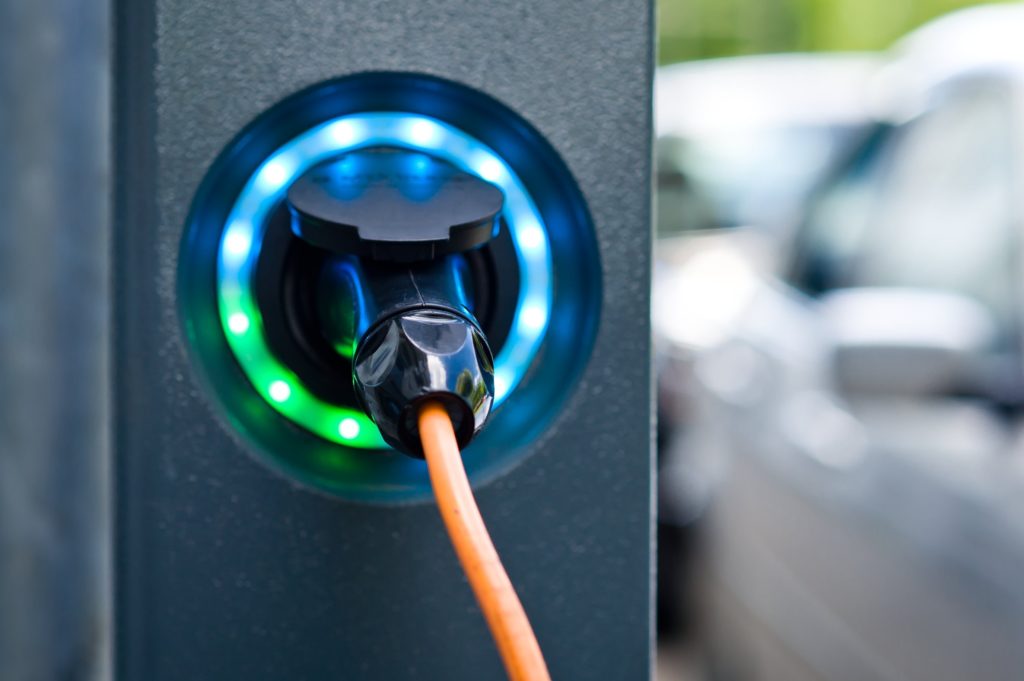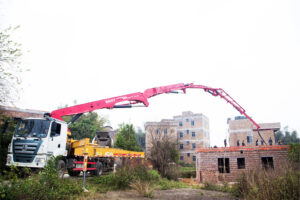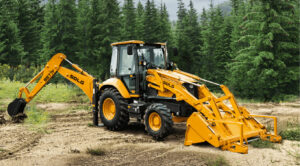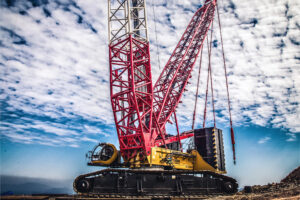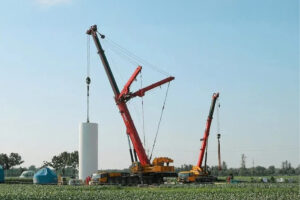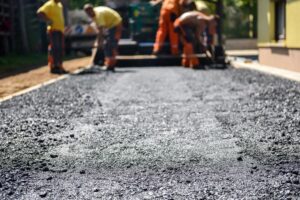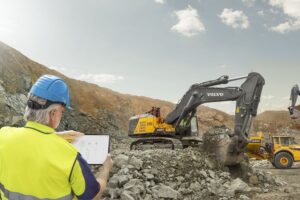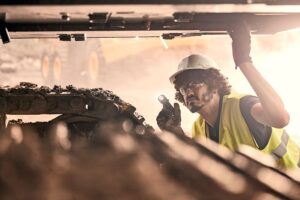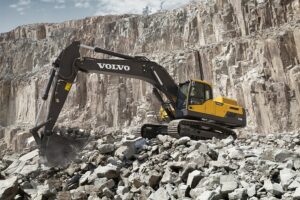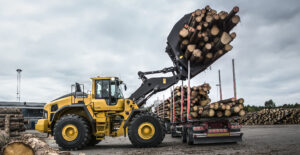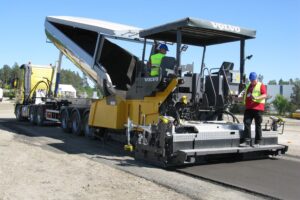Global technology continues to shift towards a greener tomorrow as heavy machine manufacturers have been developing cleaner, zero-emissions electric heavy machinery catering towards the construction industry. Instead of just the random lifts, such as forklift or scissor lift, some manufacturers are now pushing for even the excavators and compact vehicles becoming electric. This trend hopes to further reduce our world’s dependence on diesel-type engines, considering the construction industry leaves a huge carbon footprint.
The Case for Electric Heavy Equipment
Pushing for electrified heavy equipment didn’t happen overnight. The mining industry, for example, has been using battery-powered vehicles for their operations; they use battery-powered indoor loading and material-handling equipment. Since they tend to work underground, the electrified machinery is more for breathability purposes, ensuring no vehicle is emitting any gas while inside the tunnels.
On the other hand, the construction industry currently uses diesel-based heavy machinery, which produces a substantial amount of gas emissions. These vehicles are also known noise polluters; urban excavation and construction create a deafeningly loud environment that may disturb the peace of city-dwellers during nighttime. They’re also heavily regulated; both the US’ Environmental Protection Agency and the European Union have varying tiered approach to limiting dangerous chemical emissions from such heavy equipment.
Manufacturers continue to research and develop technology that tries to uphold regulatory standards while maintaining the quality, power and performance diesel-based heavy machinery provides. Considering the environmental standards manufacturers need to follow, trying to craft electric vehicles seems to be the best, most plausible choice for 2020 and beyond.
Inside the Electric Dreams
Electrification has been the goal of heavy equipment manufacturers for quite some time, and as the new decade begins, electric heavy machineries are now popping up. Electric energy storage units have been introduced to reduce the dependence on the rather noisy propane generators. Some manufacturers are even offering zero emissions earthmovers now, including Doosan Bobcat’s indoor mini-excavator. Hyundai, on the other hand, has an electric vehicle that can work a full shift after a three-hour charge.
One big player in the construction equipment industry that’s trying to achieve the electric dream is Volvo’s construction equipment arm. In 2017, Volvo unveiled its prototype of a fully electric compact excavator concept, the EX2. A year later, the same company unveiled their Electric Site Research Project, a quarry where only electric vehicles are utilized. This year, they’re aiming to release a whole line of electric heavy equipment for various purposes and functions. They’re also targeting to phase out their diesel-based machinery in favor of the electric ones this year.
And while we might not see the electric version of a Volvo excavator in the Philippines just yet, there’s been a slow but steady push for EVs in the country. As such, the idea of electric loaders, bulldozers and what have you won’t be a strange one when the time comes.
Your One-Stop Shop for Heavy Equipment
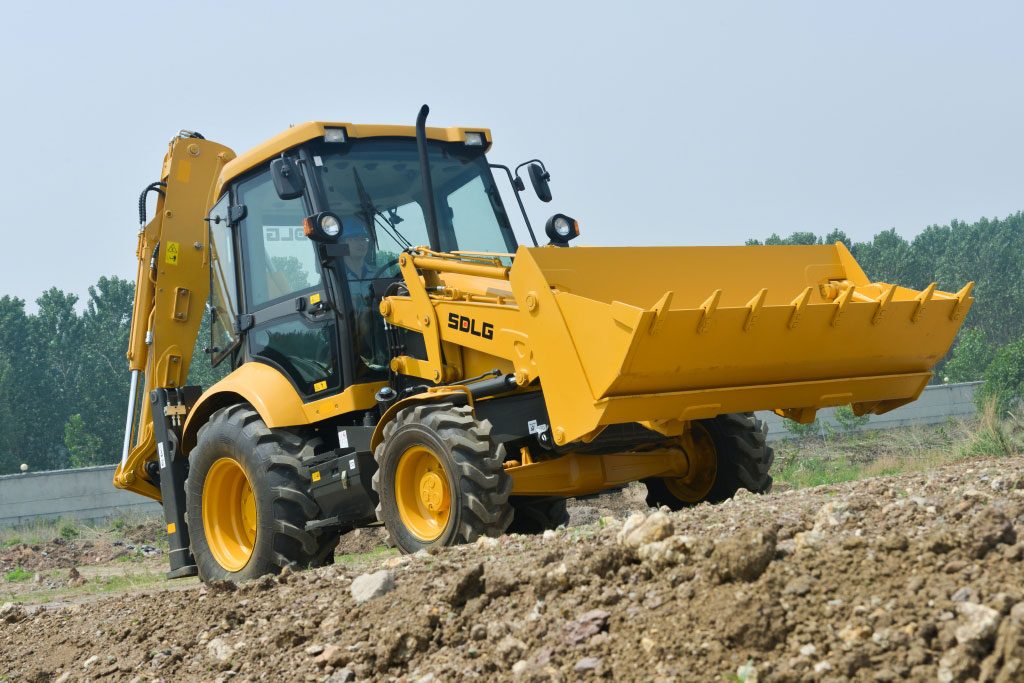
TopSpot Heavy Equipment, Inc. is an ISO-certified Volvo and SDLG heavy machinery distributor in the Philippines. The company provides high-quality equipment to construction and mining firms in the country, offering reliable excavators, loaders, haulers and the like for various applications. TopSpot aims to provide industries the heavy machinery solutions that fit their business needs, requirements and goals. We also make sure each transaction doesn’t end at the purchase date, giving you a personalized customer service where you can access unparalleled after-sales service, repairs and authentic Volvo and SDLG parts. To learn more about our heavy equipment catalog, contact us today.

